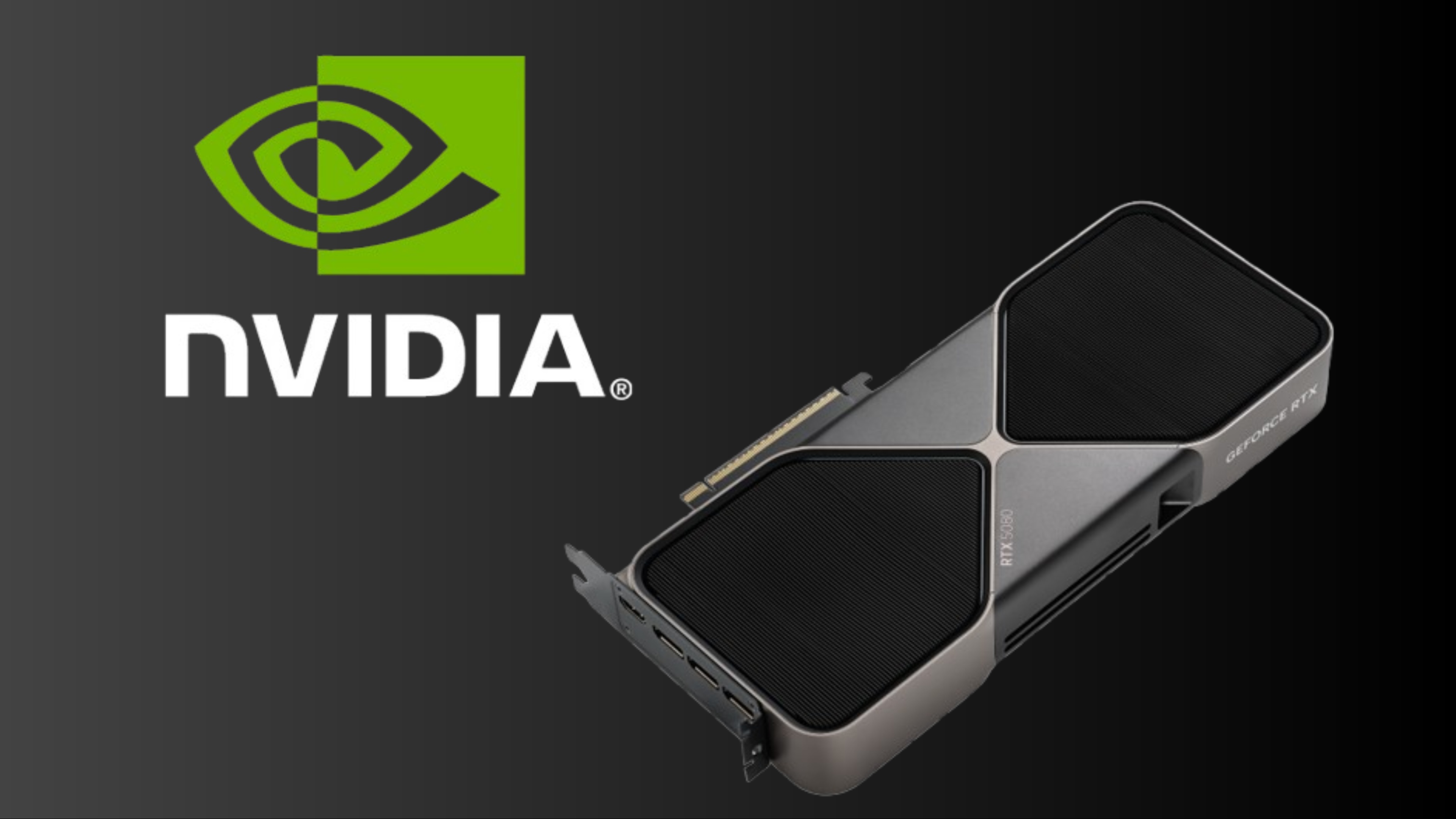So who are the mystery trio? Over half of Nvidia’s data center revenue comes from three unnamed customers
One single customer alone accounts for over 20% of sales

- Nvidia’s financial stability depends heavily on three powerful, unnamed customers
- Elon Musk, OpenAI, and Meta are the likely three
- Massive GPU installations reshape data centers into unprecedented mega-scale operations
Nvidia’s latest earnings report for 2025 has drawn attention not only for breaking sales records once again, but also for revealing a risk hidden beneath the numbers.
The company reported $46 billion in its Q2 2026 quarterly revenue, with its Data Center division contributing $21.9 billion.
But what really stands out is that “nearly 53%” of this income came from just three customers. The report detailed $9.5 billion from Customer A, $6.6 billion from Customer B, and $5.7 billion from Customer C.
Speculation on the big spenders
While this concentration of sales demonstrates strong relationships with powerful buyers, it also suggests a structural vulnerability in Nvidia’s financial base.
Nvidia has not confirmed the identities of these clients, but industry observers have made informed guesses.
Elon Musk’s xAI is often mentioned, particularly after a record-setting installation of 100,000 Nvidia H200 GPUs in just 19 days, a task CEO Jensen Huang said normally requires four years.
Musk’s stated ambition of running 50 million H100-equivalent GPUs over five years further strengthens the speculation.
Sign up to the TechRadar Pro newsletter to get all the top news, opinion, features and guidance your business needs to succeed!
Another possible contender is the OpenAI and Oracle partnership, which announced plans for a Stargate data center featuring more than two million AI chips.
Meta has also been expanding aggressively, with “several multi-GW clusters” reportedly the size of Manhattan, adding more weight to the theory.
These projects represent demand levels far beyond typical enterprise needs, closer to what one would expect when equipping a supercharged workstation or deploying an entire fleet of machines designed with the best CPU available.
It may seem reassuring to have such massive contracts locked in, but the concentration risk is difficult to ignore.
If one of these entities were to pivot toward in-house chip design, switch to a competitor like AMD, or encounter operational issues, Nvidia would face a sudden financial hole.
Customer A alone accounts for more than 20% of quarterly sales. The dependence is stark, and investors cannot ignore how fragile such reliance might become.
Nvidia’s dominance in GPUs remains clear, but market history shows that leaders tied too closely to a few clients can face serious disruption.
Geopolitics adds another layer of uncertainty - Nvidia has already absorbed a $5.5 billion hit following restrictions on its H20 chip, compounded when Chinese firms were directed to halt purchases after an initial reopening of sales.
These events highlight how the company’s market position can be influenced by decisions far outside the scope of chip design or supply chain management.
As of today, Nvidia’s GPUs remain unrivaled, but the underlying question persists: can the company maintain its momentum if its mystery trio ever decides to walk away?
Via Toms Hardware
You might also like
- Check out the best 3D modeling software for 3D printing and more
- We've rounded up the best portable monitors available now
- SMBs want to use tech more in order to grow - but costs are proving a big barrier

Efosa has been writing about technology for over 7 years, initially driven by curiosity but now fueled by a strong passion for the field. He holds both a Master's and a PhD in sciences, which provided him with a solid foundation in analytical thinking.
You must confirm your public display name before commenting
Please logout and then login again, you will then be prompted to enter your display name.